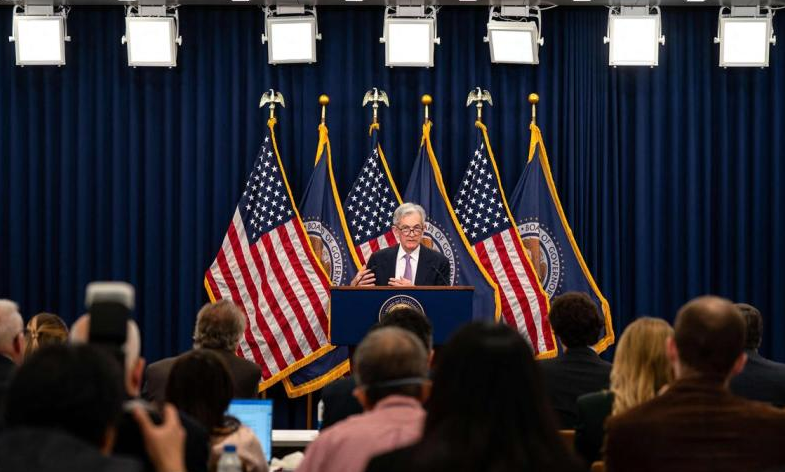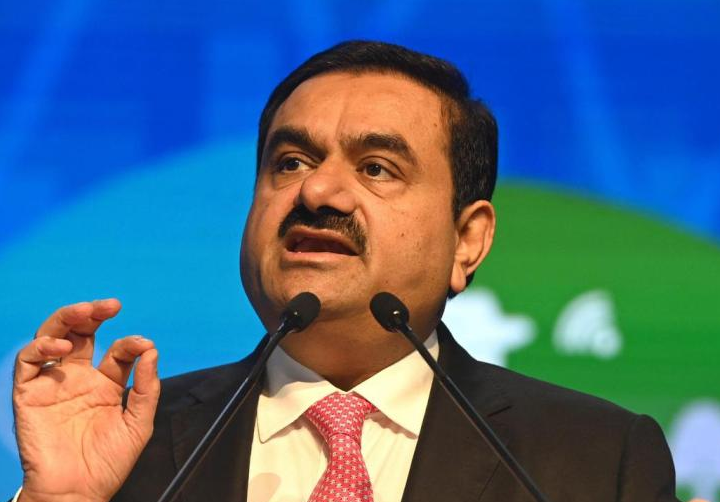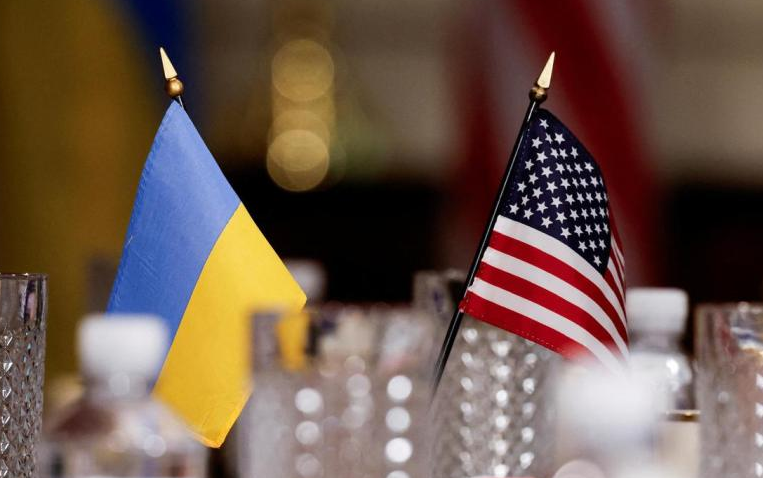
The results of the Japanese House of Representatives election have been announced, with the ruling Liberal Democratic Party suffering a severe defeat, securing 191 seats and losing over 60 seats. Together with the Komeito Party’s 24 seats, they only have 215 seats, far below the majority of 233 seats. On the other hand, the main opposition Constitutional Democratic Party gained 52 seats, increasing their total to 148 seats. Additionally, the Innovation Party obtained 38 seats, and the Democratic Party for the People got 28 seats.
In this election, some members of the Kiyowa-kai faction, which has been criticized for political funding issues (formerly known as the Abe faction), ran as independents. Among them, Hiroshige Seko, Koichi Hagiuda, and Yasunori Nishimura were elected. Three others who were also elected have since rejoined the Liberal Democratic Party, bringing the total seats for the party to 197 and the ruling coalition to 221.
The nomination for Prime Minister will take place in the parliament on November 11. If the opposition parties unite, they will have more than half of the seats in parliament, increasing the possibility of a change in government. However, the likelihood of an opposition alliance is currently low. The Democratic Party for the People has stated that even in the final round of voting for the Prime Minister nomination, they will vote for their own representative, Yukio Edano. The House of Representatives has 465 seats, subtracting the Democratic Party for the People’s 28 seats leaves 437 seats. The majority is 219 seats, and the ruling coalition already has 221 seats, so in the final vote, the Liberal Democratic Party can secure victory.
Currently, it appears that Japan will be governed by the minority Liberal Democratic Party-led government, raising concerns about potential instability and uncertainty in the political landscape. With the ruling party falling short of the majority by 12 seats, every policy decision will require discussions and possible collaboration with the Innovation Party and the Democratic Party for the People. For example, if the Liberal Democratic Party collaborates with the Democratic Party for the People on tax issues, they may have to include elements such as increasing income for the working class, a key advocacy of the Democratic Party for the People, to ensure policy passage. The economic policies of the Suga government face many challenges, and cooperation with opposition parties like the Democratic Party for the People in economic matters may lead to the adoption of opposition proposals into legislation.
Regarding foreign policy and security, the ruling party has a favorable environment for policy implementation. The main opposition party, the Constitutional Democratic Party, emphasizes economic security, open economy, and strengthening security measures, which are similar to the Liberal Democratic Party’s policies. In terms of economic security, the ruling party may align closely with the main opposition party. Furthermore, the Innovation Party’s pragmatic approach in foreign and security policy could lead to cooperation with the Liberal Democratic Party, particularly with the Suga government. While adjustments will be necessary for many policies, the ruling party will likely drive foreign and security policy in cooperation with opposition parties like the Constitutional Democratic Party and the Innovation Party, with a focus on the national security bureau. Opposition parties may demand the incorporation of their views to assert their presence, but overall, there are many areas where policies can be coordinated.
In the future, Prime Minister Suga is expected to engage in international visits, with a possible meeting with Chinese President Xi Jinping at the Asia-Pacific Economic Cooperation (APEC) summit in Peru. Suga aims to demonstrate his influence in foreign affairs and explore cooperation possibilities with various opposition parties during the regular session of the National Diet in January 2025.
(Author is a professor at the University of Tokyo)









